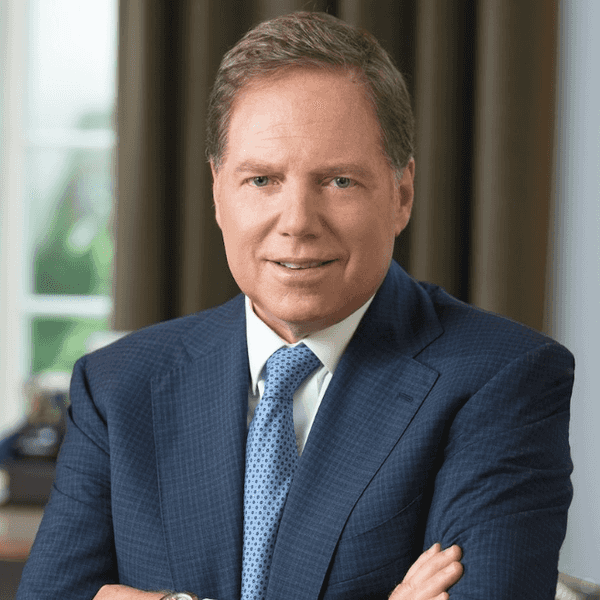Health Care Reform And The Supreme Court: Politics Over Constitutionality
The Obama administration’s neglect did not cause this constitutional challenge to the individual mandate. Republican strategy did.
On the eve of the Supreme Court’s decision, after numerous lower court opinions and treacherous questioning by conservative justices, the overwhelming consensus in the legal community remains that the requirement in the Affordable Care Act to buy health insurance is unquestionably constitutional. As recently as mid-June, Bloomberg News asked law professors at the nation’s top law schools whether they thought there was any question that the Affordable Care Act’s individual mandate requiring the purchase of health insurance was constitutional; 19 of the 21 who responded replied that it was. They were only confirming the opinions of two very conservative appeals court judges, who upheld the provision last year.
But the widespread view that the only reason we have a question before the Supreme Court is their receptivity to right-wing political manipulation of the law was not the story told by the New York Times on Sunday, under the headline, “Supporters Slow to Grasp Health Law’s Legal Risks.” The Times’s Peter Baker faulted the Obama administration and Congressional Democrats for being unprepared for the legal challenge.
Some would view the fact that the Court is seriously debating a question that is so far out of the political mainstream, even among the most respected conservative jurists, as a testament to the groundbreaking work of a small set of conservative lawyers to change jurisprudence. They would compare their work to the careful strategy that led to decisions like the Warren Court’s Brown v. Board of Education. I am not so generous. The legal arguments against the individual mandate remain flimsy and there is no comparable history of carefully plotted legal strategy. What has become more solid is the ground that the arguments are being made on, a Supreme Court majority whose magnet is not the Constitution or precedents, but the U.S. Chamber of Commerce.
In drafting what became The Patient Protection and Affordable Care Act, Democrats in Congress and the White House had myriad complex policy and political factors to juggle. The implication that they should have added in the minuscule chance that the mandate would be successfully challenged on its constitutionality is as silly as the opponents’ legal arguments.
What might have given the law’s drafters pause was the ruling on Citizens United, in which the Court majority dynamited a century of precedent to overturn the ban on corporate campaign contributions. But that decision was handed down in January of 2010, three days after Scott Brown won election to the Senate from Massachusetts, in a seeming repudiation of health care reform, which deprived Democrats of their filibuster-proof majority. At that point, there was neither the time nor the legislative maneuverability to consider changing the structure of the mandate, even if someone had raised their head and said that this Court is capable of doing anything it wants to further the corporate agenda.
In contrast with the Times article, Ezra Klein has a piece in The New Yorker titled “Unpopular Mandate: Why Do Politicians Reverse Their Positions?” Klein points out that the question of the mandate’s constitutionality on the right changed when conservative politicians jettisoned their own idea, the mandate, after Obama accepted it. He describes how the Republican message machine legitimized the constitutional challenge once Republican politicians did an about-face.
Two days from now the Court will weigh in. Many of those same law professors surveyed by Bloomberg predict the Court majority will ignore precedent and overturn the mandate. The have reached the same conclusion as many Americans that the Court is driven by politics, not the Constitution. I’m hoping they will be proven wrong, and that the Court will put our founding document and two centuries of precedent before the partisan, corporate agenda. But whatever they decide, I won’t blame the fact that the case has gotten this far on Democrats in the White House or Congress.
Richard Kirsch is a Senior Fellow at the Roosevelt Institute, a Senior Adviser to USAction, and the author of Fighting for Our Health. He was National Campaign Manager of Health Care for America Now during the legislative battle to pass reform.
Cross-Posted From Rediscovering Government.
The Roosevelt Institute is a non-profit organization devoted to carrying forward the legacy and values of Franklin and Eleanor Roosevelt.








